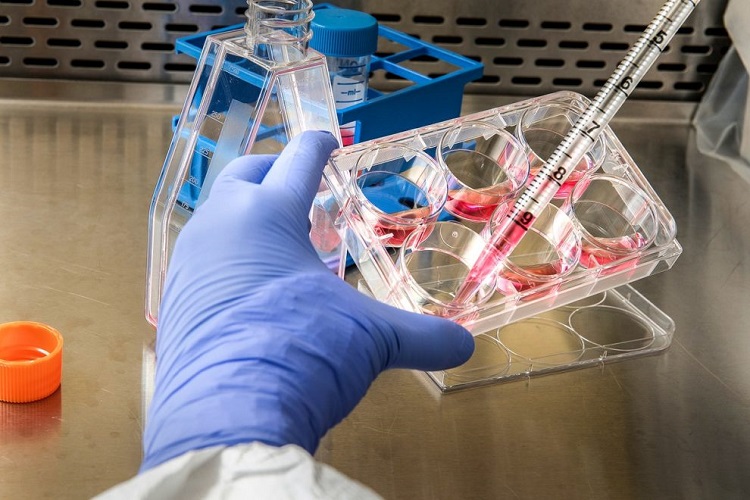
Hormonal Therapy and Fertility: Options and Considerations
Hormonal therapy plays a vital role in addressing various hormonal issues that can affect both men and women. These therapies offer a range of options and considerations for individuals looking to improve their hormonal health and enhance their chances of conceiving.
This article will explore the world of hormonal therapy and fertility, diving into the different treatment options available and the critical factors to consider. When it comes to managing hormonal imbalances and their potential impact on fertility, you can consider visiting a hormonal health institute.
Understanding Hormonal Imbalances
Hormones are the body’s chemical messengers that regulate various functions, including growth, metabolism, and reproduction. When these hormones become imbalanced, it can cause a wide range of health issues, like fertility problems.
These imbalances can affect both men and women and may manifest differently. Some common signs of hormonal imbalances include irregular menstrual cycles, infertility, mood swings, and changes in libido.
Hormonal Therapy Options
Medication-Based Hormonal Therapy
One of the primary options for addressing hormonal imbalances is medication-based hormonal therapy. This approach involves using medications to regulate hormone levels in the body. For instance, people with polycystic ovary syndrome (PCOS) may be prescribed medications to improve insulin sensitivity and regulate menstrual cycles. Likewise, men with low testosterone levels can benefit from hormone replacement therapy (HRT) to restore hormonal balance.
Lifestyle Modifications
Sometimes, lifestyle modifications can be highly effective in managing hormonal imbalances. High school students and adults can benefit from making healthier choices, such as adopting a balanced diet, exercising regularly, managing stress, and getting adequate sleep. These lifestyle changes can help regulate hormones naturally and contribute to overall well-being.
Fertility Preservation
For individuals who are undergoing therapy that may affect their fertility, like chemotherapy or radiation therapy, fertility preservation options are available. This is particularly relevant for young adults facing a cancer diagnosis. Fertility preservation techniques, such as freezing eggs or sperm, allow individuals to preserve their reproductive potential before undergoing treatments that may impact their fertility.
Considerations for Hormonal Therapy
Individualized Treatment Plans
Each person’s hormonal imbalance is unique, and therefore, treatment plans should be tailored to people’s needs. Hormonal therapy should always be administered under the guidance of healthcare professionals who can assess hormone levels, conduct thorough evaluations, and create personalized treatment plans.
Potential Risks and Benefits
Like any medical intervention, hormonal therapy comes with potential risks and benefits. It is essential to weigh these carefully. While hormonal therapy can help regulate hormones and improve fertility, it may also have side effects and risks. Understanding and discussing these trade-offs with a healthcare provider is crucial in making informed decisions.
Planning for the Future
As high school students or adults considering hormonal therapy, it’s important to think about future planning and how treatment may impact your long-term goals. Some hormonal therapies may be short-term, while others require long-term commitment. Assessing your future goals and considering how treatment may fit your plans is essential for making well-informed choices.
Conclusion
In conclusion, hormonal therapy offers a range of options and considerations for individuals looking to address hormonal imbalances and improve fertility. Whether you are a high school student curious about this topic or someone facing fertility challenges, understanding the available therapies and considerations is crucial. You can consider visiting a hormonal health institute for expert guidance and support. Remember that hormonal imbalances are manageable, and with the right approach, you can take steps towards better hormonal health and increased fertility. Always consult healthcare professionals to create personalized treatment plans and make informed decisions.
You May Also Like

FAA Web Scheduler: Revolutionizing Aviation Scheduling
December 8, 2023
Top Guitar Practice and Maintenance Tips for Guitarists
March 6, 2023

